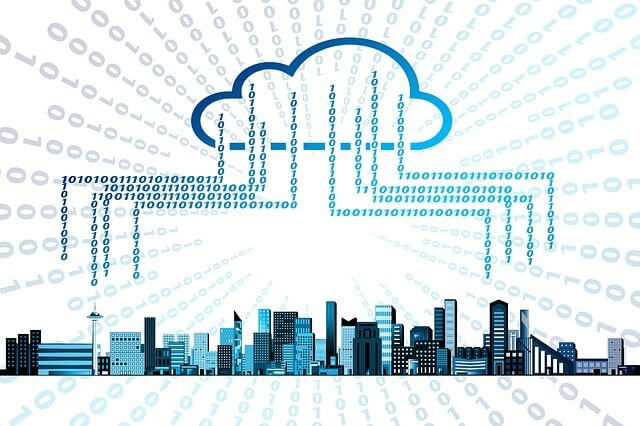Cybercrimes and The ITACT 2000
In order to prevent the various crimes in cyberspace, India adopted and placed the Information Technology Act 2000. It was the first step towards controlling and curbing cybercrimes. The acct contains the rules to prevent and control cybercrimes to regulate superhighway, to protect data and cyber world from any wrongful act or damage. The act was amended through the Information Technology Amendment Act 2008 and it provides additional focus on information security. It has added several new sections on offences including cyber terrorism and data protection.
Cybercrimes and The Indian Penal Code (IPC)
Indian Penal Code was amended by infusing the term “electronic”. Thus all the electronic documents and records were made commensurate with the physical documents and records covered within the ambit of the IPC. Further the following offences were made punishable under IPC:
- Sec. 292 IPC : Obscenity
- Sec. 292A IPC : Printing etc. of grossly indecent or scurrilous matter or matter intended to blackmail
- Sec. 293 IPC : Sale, etc., of obscene objects to young person
- Sec. 294 IPC : Obscene acts and songs
- Sec. 420 IPC : Bogus websites, cyber frauds
- Sec. 463 IPC : E-mail spoofing
- Sec. 464 IPC : Making a false document
- Sec. 468 IPC : Forgery for purpose of cheating
- Sec. 469 IPC : Forgery for purpose of harming reputation
- Sec. 499 IPC : Sending defamatory messages by e-mail
- Sec. 500 IPC : E-mail abuse
- Sec. 503 IPC : Sending threatening messages by e-mail
- Sec. 506 IPC : Punishment for criminal intimidation
- Sec. 507 IPC : Criminal intimidation by an anonymous communication
The case of State of Tamil Nadu v. Suhas Katti can be considered as a landmark case in the history of Cyber Crime Management in India. This was the first case in India wherein the offender was convicted under S.67 of IT ACT 2000 of India.
The case of Nascom v. Ajay Sood and Others is another landmark judgement delivered in March 2005, in which the Delhi High Court declared ‘Phishing’ on the internet to be an illegal act. Though there is no specific legislation in India to penalise phishing, the court defined it under Indian Law as “a misrepresentation made in the course of trade leading to confusion as to the source and origin of the e-mail causing immense harm not only to the consumer but even to the person whose name, identity or password is misused”.
New multimedia and technology have become part of our daily lives in contemporary society and has made our life easier, quicker and cheaper in many ways. Such tremendous utility of Information Technology encourages the terrorists and other deviants in the society to sometimes use it as a tool ortarget to achieve their wrongful ends. This is not only a national issue of concern but a global one. Hence regulations must be made stringent to combat it.







Really Informative..Please come on same topic with much more articles.